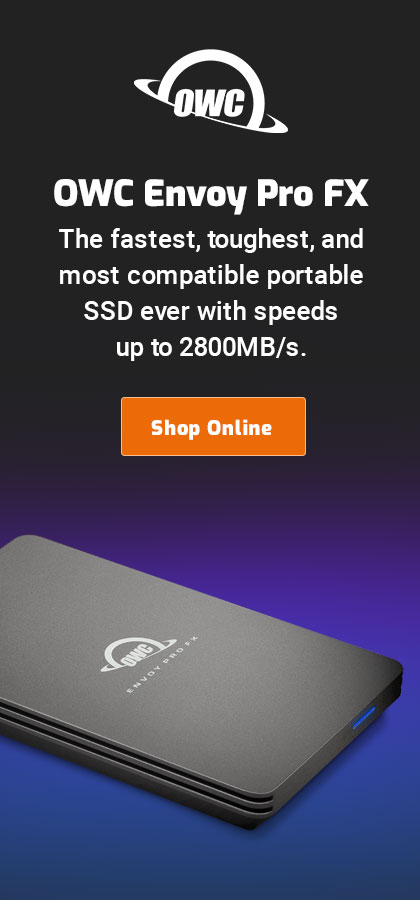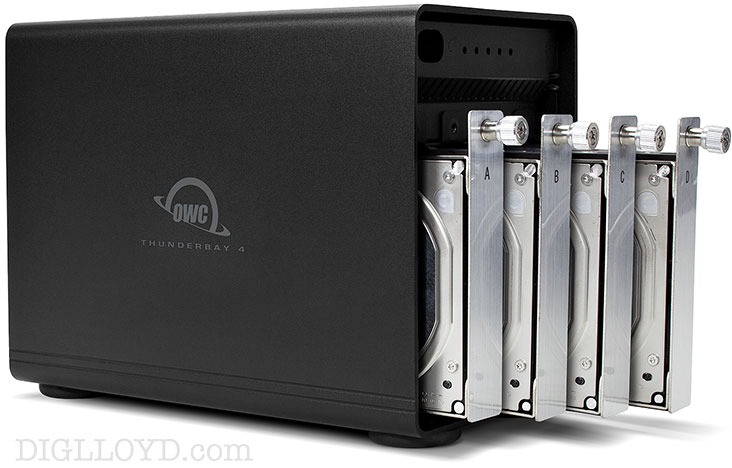
$220 SAVE $130 = 37.0% Western Digital 16.0TB Western Digital Ultrastar DC HC550 3.5-in… in Storage: Hard Drives
|

|

|

|

|

|

|

|

|

|
2TB Samsung T7 USB-C SSD
Related: backup, memory, Other World Computing, Samsung, SSD, storage, USB, USB-C
MPG tested the about $270 @AMAZON Samsung T7 2TB SSD.
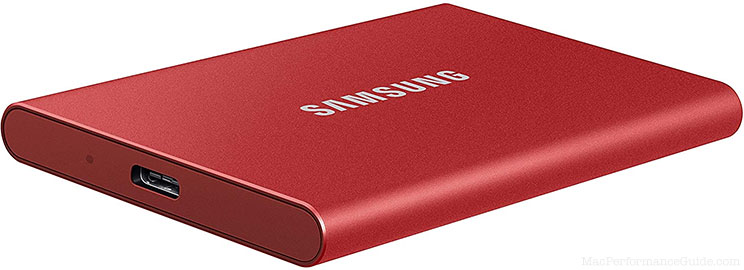
The Samsung T7 arrived around April 2020. MPG reviews it here in early 2021, when it is nicely discounted in price.
MPG reviewed the Samsung T5 back in 2017 and found a lot to like. Great performance, and prices came way down by 2020—an excellent value. See that review for details and background which apply to both the T5 and T7.
The Samsung T7 comes with both USB-A and USB-C cables, so it’s plug and play with a Mac or PC.
Problematic performance under sustained usage
According to the specifications, the T7 ought to be another big winner “up to” 1000/1050 MB/sec for writes/reads. That “up to” matters.
That is, the Samsung T7 can deliver speeds slightly exceeding 1000 MB/sec for reads and writes. But as the tests show:
Under sustained writing, the Samsung T7 speed falls off a cliff.
And even worse, sustained read speeds are mediocre.
Why it matters to me
It might not matter to you.
But my usage involves often writing 30/50/100GB of of data at a time (raw camera files, large git repositories, etc), so an SSD must maintain consistently high performance or I get grumpy as a postal worker near XMAS. Especially if I’ve hiked all day making images and just want to eat and sleep.
Whether it is data integrity validation or backups from or to the T7, the T7 just does not deliver the performance I demand.
Why the slowdown?
Samsung uses a dual-speed flash memory in the T7, the first layer having top speed, but the 2nd tier running far more slowly. As the I/O is intermittent and of modest amounts, the faster flash soaks it up, and it does indeed run up to over 1000 MB/sec. This makes it perfectly fine for many uses. But not for usage where a lot of sustained reading and writing is done.
Sustained performance
Tested using the fill-volume command of diglloydTools DiskTester.
After the first ~60GB of write activity, performance drops off a cliff from ~1000MB/sec down to ~189 MB/sec. And after a while, speed becomes erratic, oscillating from a pathetic ~81MB/sec to poor 189MB/sec.
Some users might never write 60GB of data at a time after initially loading up the drive. But I often download and backup photo shoots exceeding that size.
Sustained speeds are decent but far below the claimed read speeds, a steady ~367 MB/sec. That means it take nearly 3 times as long as a top performing USB-C SSD to backup or do data integrity validation. For my usage, this is unacceptable.
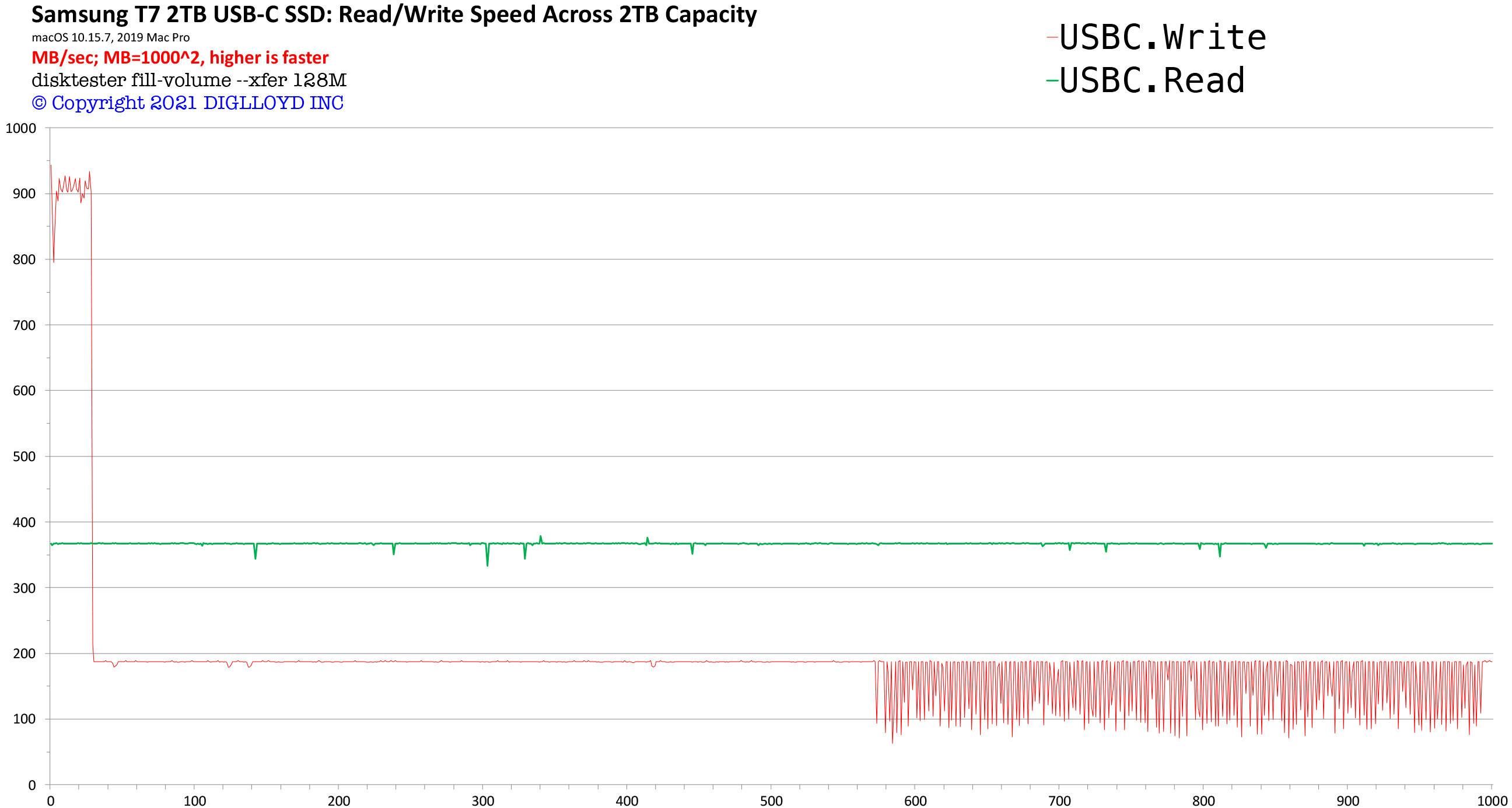
Compare to the Samsung T5 below, as tested back in 2017. While the T5 does not offer the same peak speeds, it also sustains considerably higher write and read speeds. At least for my uses, this is far preferable.
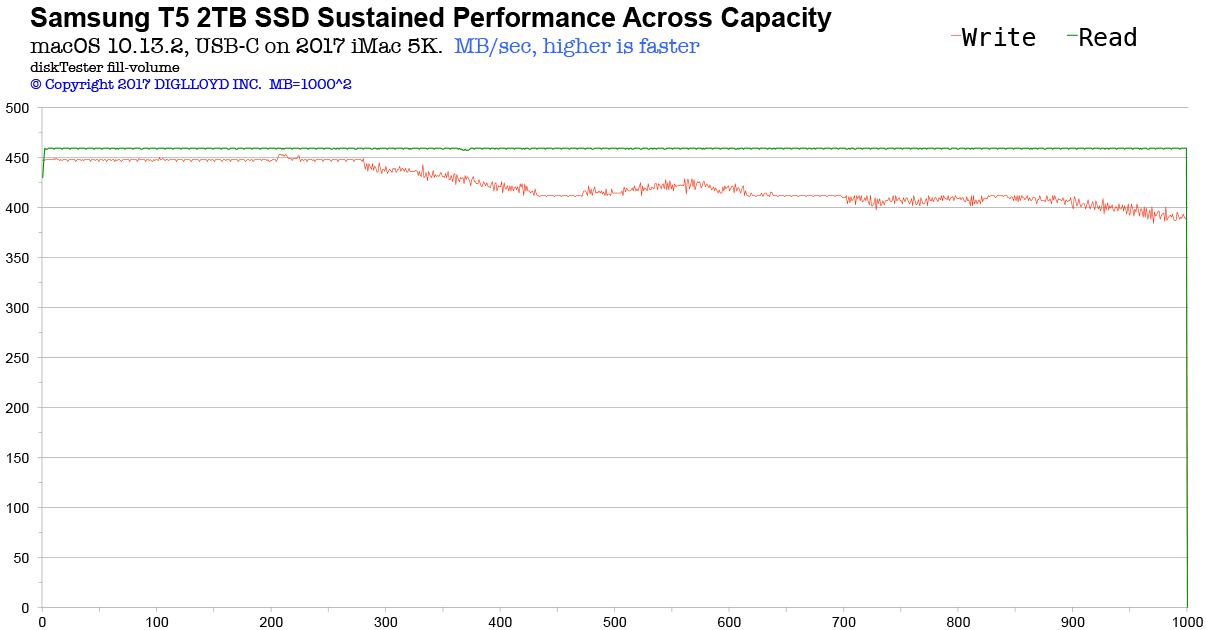
Speed vs transfer size
Tested using the run-sequential-suite command of diglloydTools DiskTester.
This test uses an 8GB test file, so that only the fastest flash memory is being used. When the usage patterns fall into that range (below the ~60GB cutoff as discussed above), performance is as claimed, and excellent.
Compare to the Samsung T5, 2nd graph below.
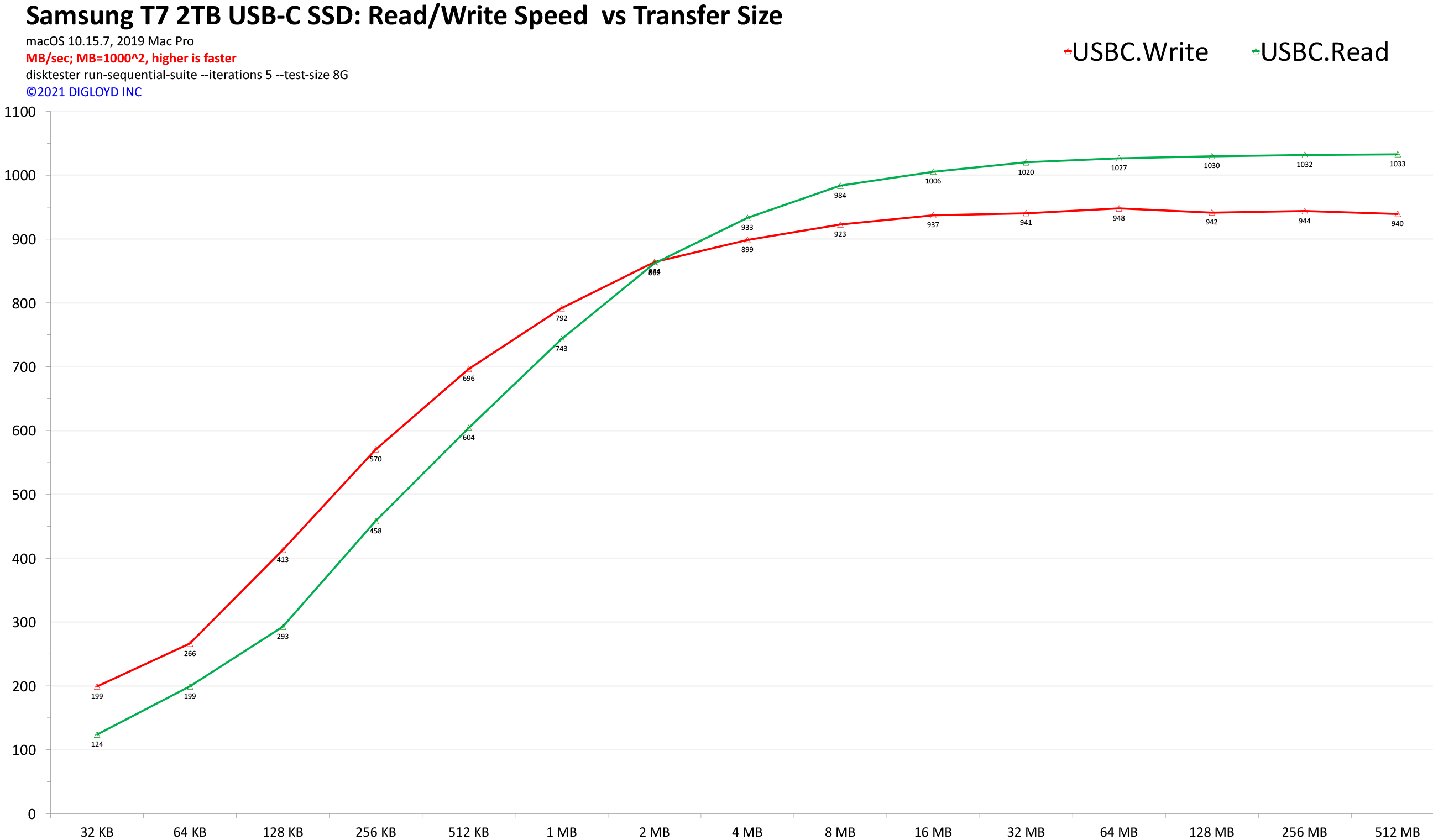
Compare to the Samsung T5 below, as tested back in 2017. The T5 tops out at a bit more than half the speed of the Samsung T7. However, it's 32K and 64K performance (very important sizes) are actually substantially faster than the T7.
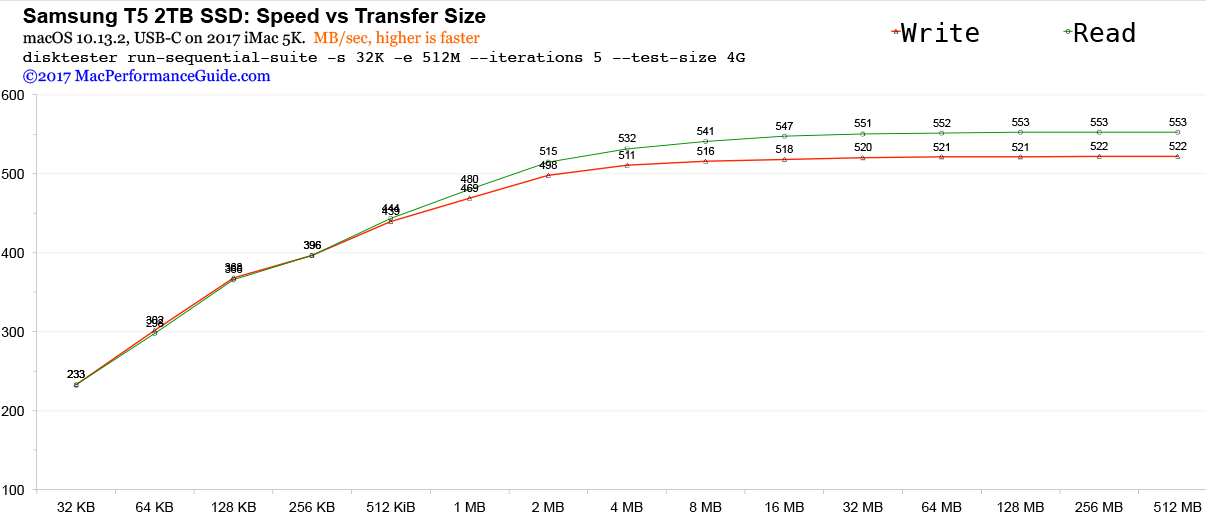
Conclusions
For many uses and users, the Samsung T7 will be the performance boost it is claimed to be over the Samsung T5, because most users and most usage will not regularly exceed the ~60GB cutoff of the fast flash memory.
But for use cases involving writing or reading more than ~60GB of data (including backup and data verification), the Samsung T7 performance falls off a cliff. Users with such requirements should look instead to a product like the OWC Elektron, which maintains consistently high performance across its capacity.
Get the best!
For anyone who really wants the best, the OWC Elektron trounces the Samsung T7 whenever sustained I/O performance is a goal, as the graph shows. The price difference is modest, but the performance difference is huge. And the OWC Elektron is also IP67 water resistance and virtually indestructible vs the Samsung.
Samsung T7 is about $270 @AMAZON. Is $100 for 2nd-rate performance worth it?
High capacity, high-performance fault-tolerant storage for photography and video.
Non-RAID or RAID-0/1/4/5/10.
Capacities up to 72 Terabytes!
Doug L writes:
I’ve got two T7’s that now are capped at 30 MB/s. My older T5’s still do 400 MB/s. I’ve tried zeroing out, formatting, etc, but nothing changes. I think there’s some kind of defect in the units, or an incompatibility with Big Sur that’s causing it (timing is about right). They’re slower than my WD hard drives now...
MPG: sounds like severe internal SSD fragmentation. My Samsung T5's continue to work like they always have.
Below, Samsung T5 performance (red/green) is a fraction of the OWC Elektron (orange/blue, top lines).
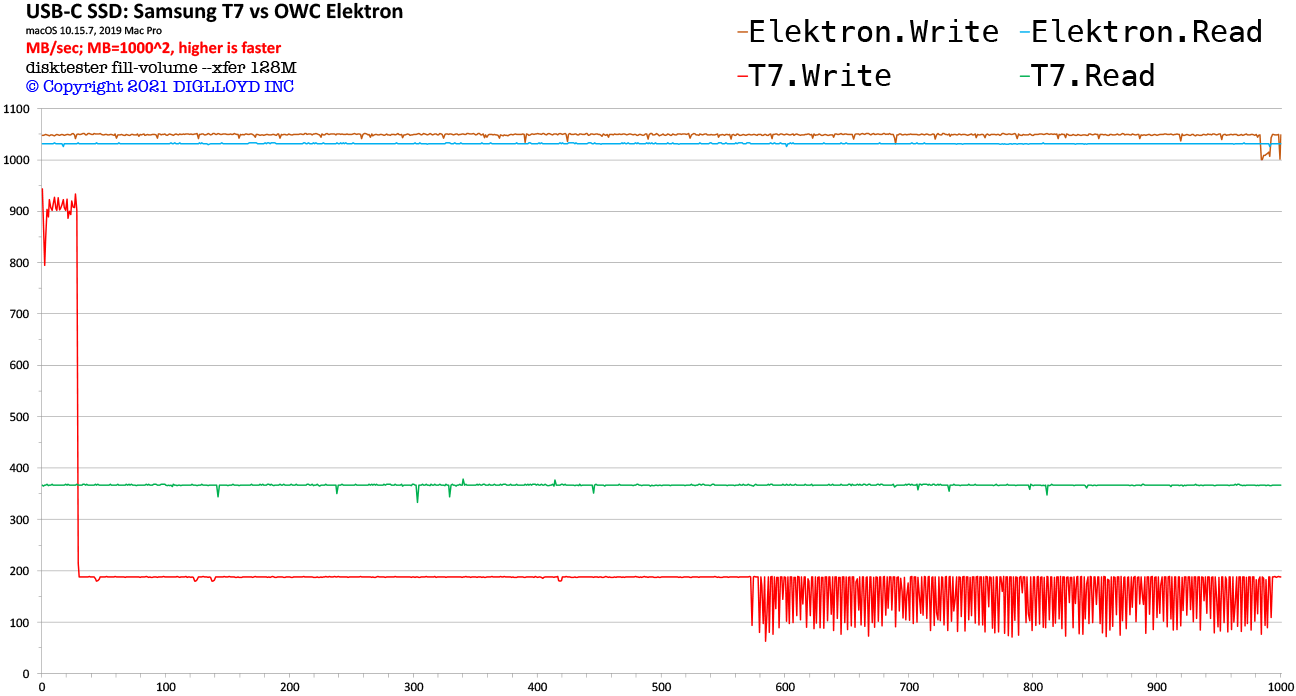
Seagate 22TB IronWolf Pro 7200 rpm SATA III 3.5" Internal NAS HDD (CMR)
SAVE $100

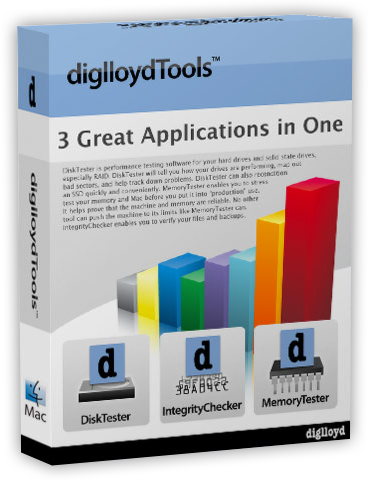 diglloydTools™
diglloydTools™
